Search Results
Showing results 461 to 480 of 544
Pesticide Watch Card
Source Institutions
After learning that some of the chemicals we add to food crops may have harmful consequences on our health and the health of the environment, learners will create a pocket-sized card with their favori

DNA Detective
Source Institutions
This activity is about collecting and analyzing DNA as part of a criminal investigation.
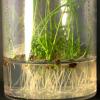
Plant Tissue Culture: Classroom Activities in Plant Biotechnology
Source Institutions
In this activity related to plant biotechnology, learners use the tissue culture process to rapidly produce clones (genetic copies) of a particular plant (cauliflower, rose cuttings, African violet le
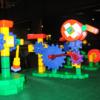
Kinematic Fanatic
Source Institutions
In this activity, learners are challenged to design and build a system of gears and kinematics to create a hand-stamping machine.

Gel Electrophoresis
Source Institutions
In this activity, learners simulate the process of DNA fingerprinting by using electricity to separate colored dyes.

Make a Totem Pole
Source Institutions
In this activity (on page 2 of PDF), learners make their own totem poles out of recycled materials.
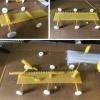
DIY Pasta Rover
Source Institutions
In this activity, learners design and build a NASA rover using raw pasta and candy with a limited imaginary budget.

Critical Angle
Source Institutions
In this optics activity, learners examine how a transparent material such as glass or water can actually reflect light better than any mirror.
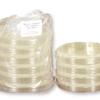
Does Sunscreen Protect My DNA?
Source Institutions
In this laboratory experiment, learners explore how effectively different sunscreens protect yeast cells from damage caused by ultraviolet (UV) radiation.
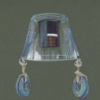
Submarine: Soda Cup Lander
Source Institutions
In this activity (on page 2), learners create a submarine using a plastic cup. This is a fun way to learn about buoyancy and density.
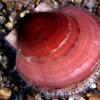
The Scoop on Scallops
Source Institutions
In this data analysis activity, learners quantify the abundance and distribution of sea scallops in and adjacent to the Mid-Atlantic closed areas.

Solar Powered Cooking
Source Institutions
In this activity, learners make a solar oven. Learners witness the awesome power of the sun to make a yummy treat--a chocolate chip cookie!
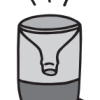
Water Filter
Source Institutions
In this engineering activity, challenge learners to invent a water filter that cleans dirty water.

Magic Wand
Source Institutions
In this activity about light and perception, learners create pictures in thin air.

Whose Fault Is It?
Source Institutions
In this seismic simulation, learners play a "who-dunnit" game to explore earthquakes.
Sea State: Forecast Conditions at Sea
Source Institutions
In this oceanography and data collection activity, learners cast real time sea state conditions using buoys from NOAA's National Data Buoy Center.
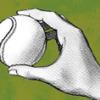
Helping Hand
Source Institutions
In this invention challenge activity, learners see how many objects they can grab with a homemade "bionic" arm.

Extinct!: Are You Smarter than a Plant?
Source Institutions
In this online activity, learners find out whether they are smart enough to survive as a plant.
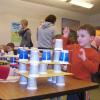
Exploring Structures
Source Institutions
This event guide features three related explorations in which learners investigate the following science concepts: how you design and build a structure helps determine how strong it will be; different
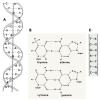
DNA the Easy Way
Source Institutions
This demonstration can be used to help learners visualize DNA by lysing (breaking open) bacterial cells on a slide and “stringing up” the DNA with a toothpick in less than one minute.
